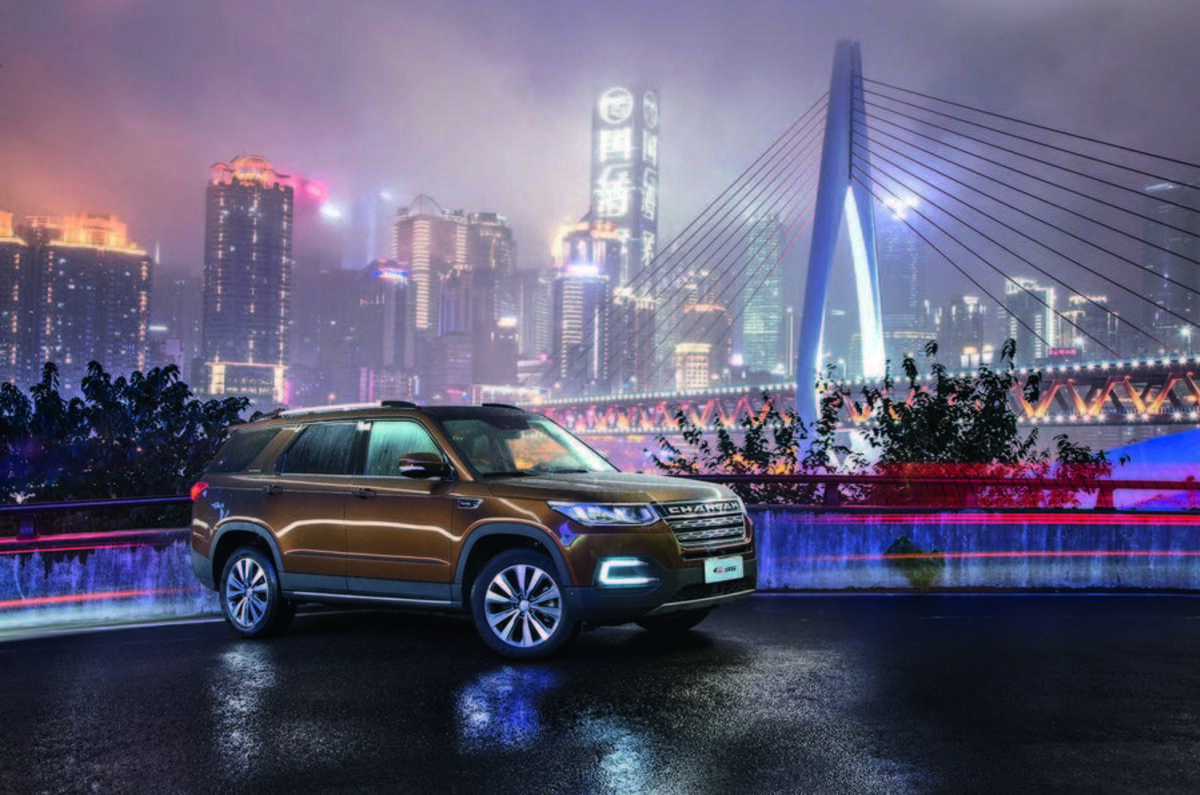China’s Ministry of Finance will slash car import tariff rates by 10 percentage points on 1 July in a bid to make the world’s biggest new car market more attractive to foreign manufacturers and spur automotive development.
This significant cut in import tariffs, taking the figure from an unusually high 25% to 15%, aims to boost investment in the Chinese automotive industry — a sector that’s already gained attention on the world stage for its fast-paced development in electric car technology.
China’s high levy had reduced potential input from foreign car makers that do not produce cars within its borders, such as Tesla. Elon Musk, Tesla's CEO, had previously stated that China’s levy had created a skewed market, while US President Donald Trump labelled it “stupid trade”.
Global new car sales: the key trends and what they mean for the future
Trump’s comments reflected the US’s comparably low import tariff for new cars at just 2.5% abd he had placed pressure on China to lower its tariffs to even the playing field. The European Union, by comparison, has a 10% levy on foreign-made cars entering its borders.
Although China’s reduced levy still makes the country more expensive than most other major markets, its scale alone has spurred many foreign car makers to invest there. Last year, 23,900,000 cars were sold in China, dwarfing 15,630,000 in the EU and European Free Trade Association countries in the same period.
China also looks set to remove its long-standing ownership limits on foreign car companies by 2022. Currently, non-Chinese companies can only build cars in the country via joint ventures, such as FAW-Volkswagen and Chery Jaguar Land Rover. Recently announced plans outlined by Chinese President Xi Jinping will remove the requirement for companies to partner a Chinese firm and to own no more than 50% of the venture.
Along with the reduced tariffs, this change is expected to especially benefit those interested in investing in China's electric car technology sector.
More content:




Join the debate
Add your comment
Top Trumps
Why was China allowed to have a 25% import tariff and the US 2.5%? EU why do you only have a 10% tariff on Chinese car yet they put 25% on EU cars, do your job and make it a fair playing field!
china
China is slowing down. Again they pretend to be nice so they can steal latest technology and build their armed forces. We are so stupid and greedy. China is still military dictatorship wanting to control the world. Current problems for them is where we should draw the line and stick. Instead we get some gift and give them everything again
china
China is slowing down. Again they pretend to be nice so they can steal latest technology and build their armed forces. We are so stupid and greedy. China is still military dictatorship wanting to control the world. Current problems for them is where we should draw the line and stick. Instead we get some gift and give them everything again